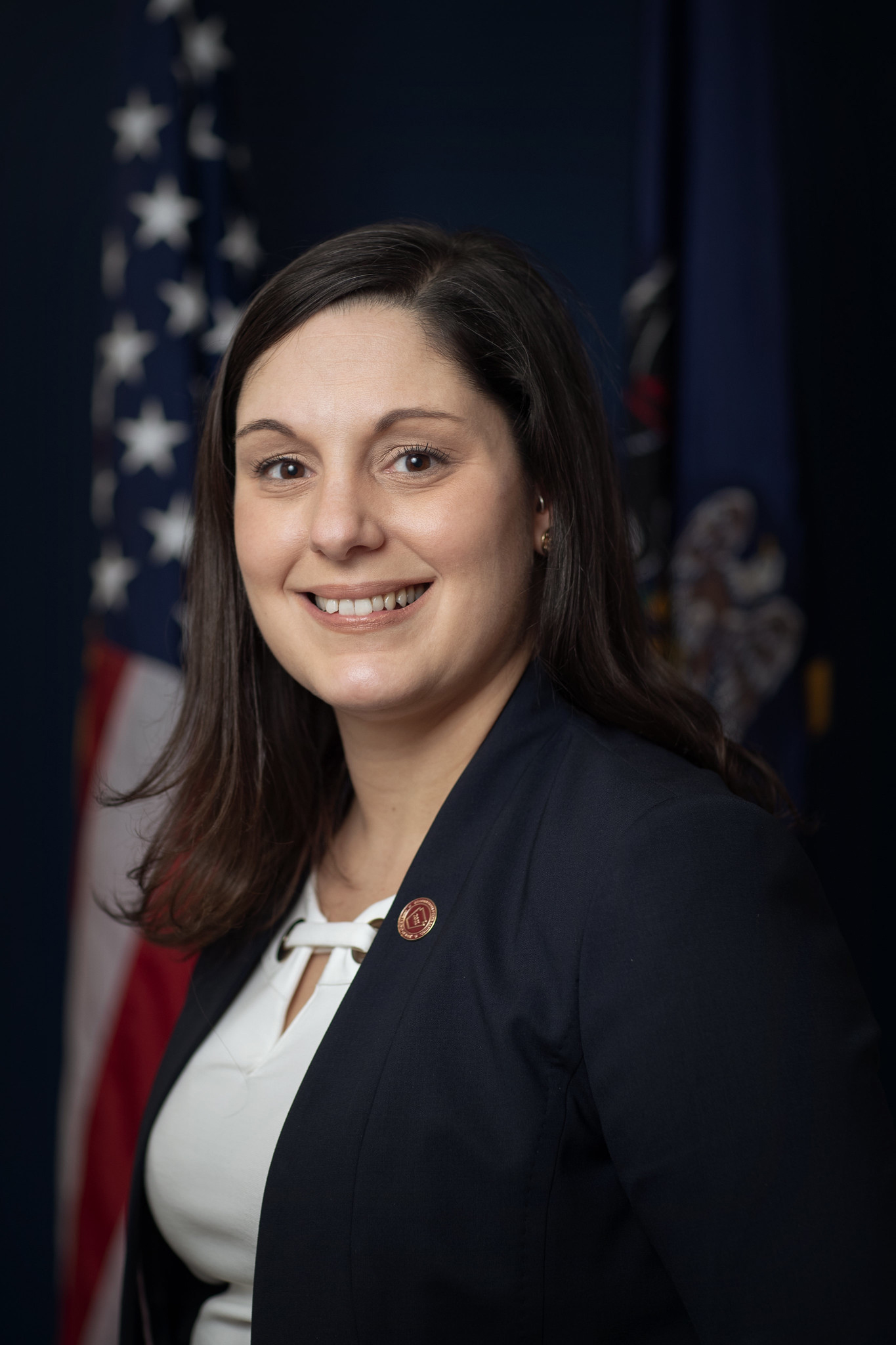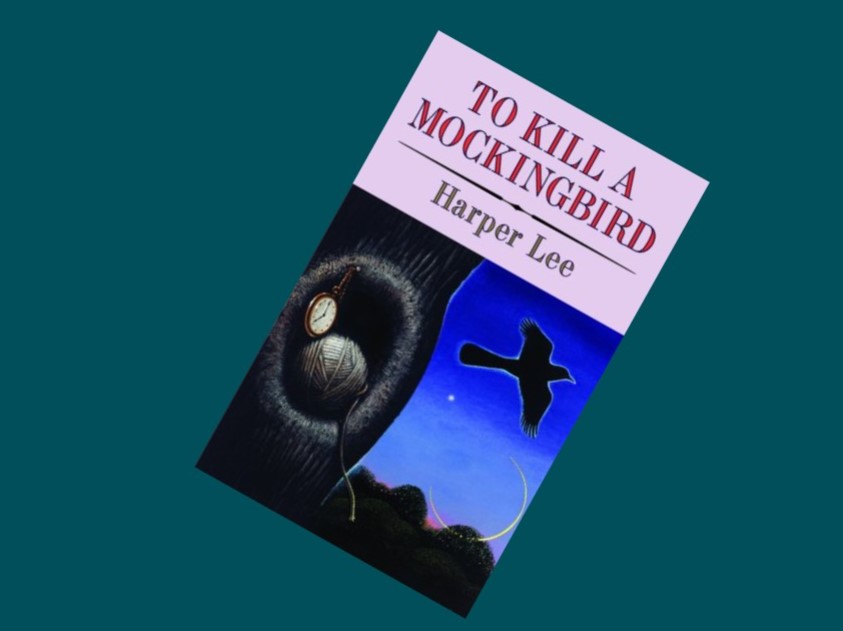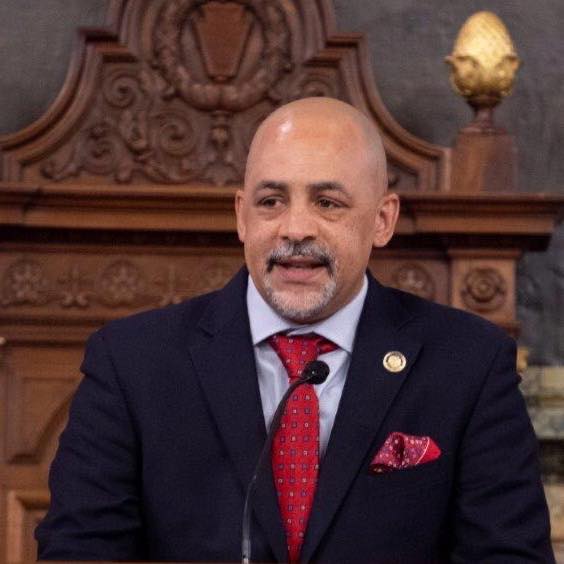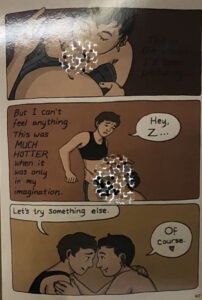FLOWERS: Literature, Art and Truth, Oh My
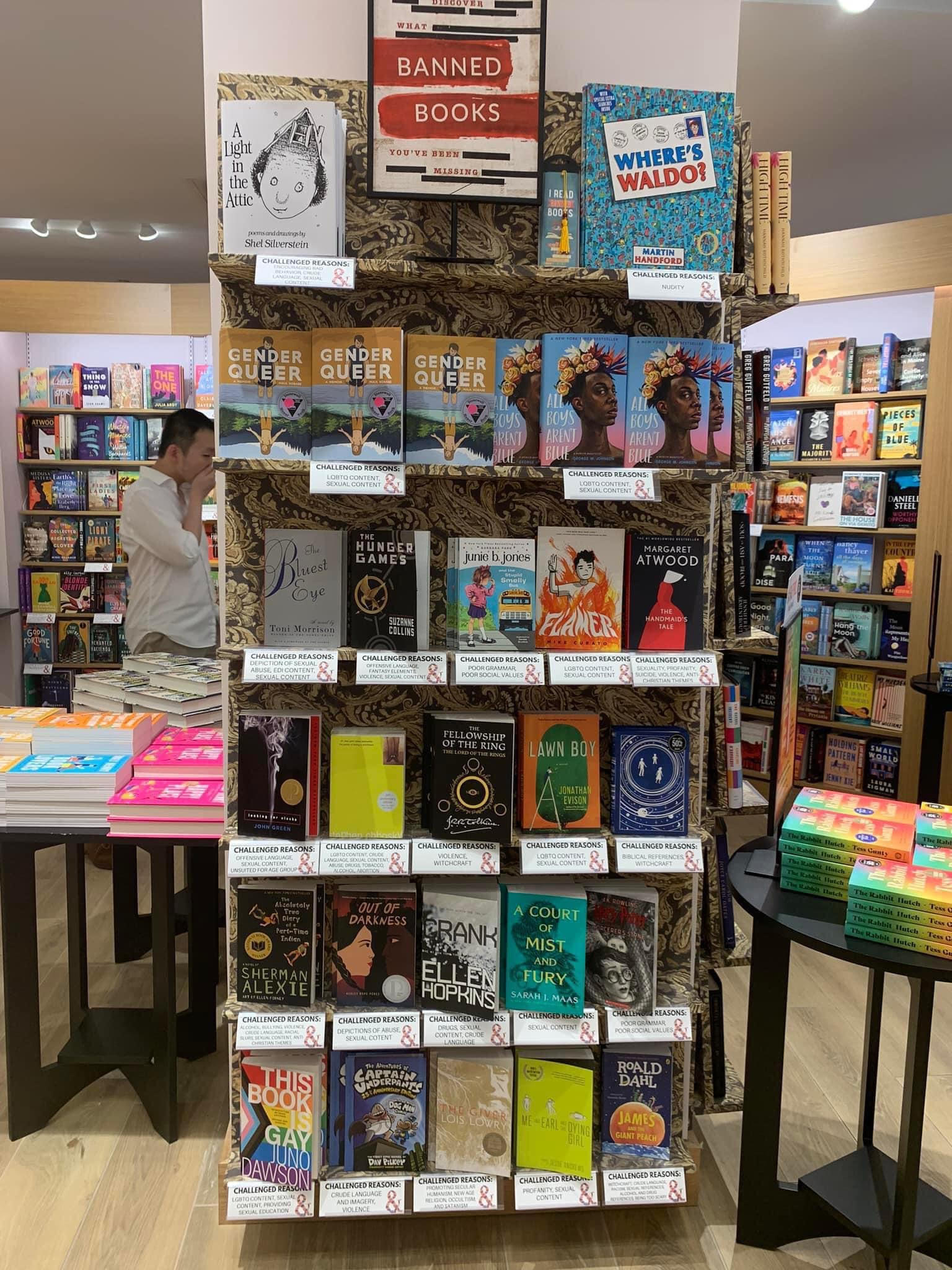
My happy place, my “safe space,” so to speak, has always been a bookstore.
As a young girl, I spent an inordinate amount of time strolling through the aisles of stores like the Book End at the Manoa Shopping Center, Waldenbooks at the Springfield Mall, and B.Dalton at the corner of 15th and Market in Philadelphia. Unlike libraries, which demanded silence and only promised to “lend” you these precious literary gems, bookstores allowed you to actually take home, forever, beloved titles like “Anne of Green Gables,” “Once and Future King,” “To Kill A Mockingbird,” “Little Town on the Prairie,” “Gone With The Wind,” “Madame Bovary,” “For Whom the Bell Tolls,” “The Red Badge of Courage,” and “Dr. Zhivago.”
The other reason I wasn’t a big fan of libraries was that I always managed to fall so deeply in love with a book that I procrastinated and rarely ever brought it back on time. I could have fed a small village in Botswana for a decade with the overdue fees I paid from 1974 to 1982.
So it hurts me to write anything that is even vaguely negative about a bookstore, especially if it is one of the few that is still operating in the city, one that is located a 15-minute walk from my front door. It pains me to have to criticize a place that, even though it no longer has a café and thinks patrons don’t need to use the bathroom, however still has a wonderful selection of magazines, records, and entirely unnecessary candles.
I am talking about the Barnes and Noble between 17th and 18th on Chestnut Street in Philadelphia.
But something so annoying happened the other day that I couldn’t keep my mouth shut, so I made a Facebook post that, as of this writing, has been shared over 50 times. I took a picture of a display near the front door with several bookshelves under a poster that said, “Discover What Banned Books You’ve Been Missing.” Some of the titles were confusing, like “James and the Giant Peach” and “Where’s Waldo,” whereas others, like “Gender Queer” and “This Book Is Gay,” left no doubt as to why they were controversial. When I looked closer, I saw that the workers at the store had put index cards explaining why each book had been “challenged,” which is entirely different from being banned. In fact, as a friend rightly noted, if I’m looking at the book and it’s for sale, it’s not “banned.”
I wrote this to accompany the picture:
“Let’s look at why Barnes and Noble is upset.
Gender Queer: “banned” because of sexual content.
All Boys Aren’t Blue: “banned” because of sexual content.
The Bluest Eye: “banned” because of sexual content.
The Handmaid’s Tale: “banned” because of sexuality, suicide, anti-Christian themes
“Lawn Boy”: “banned” because of sexual content
“Harry Potter”: “banned” because of poor social values
“James And The Giant Peach”: “banned” because of witchcraft, sexual references
“This Book is Gay”: “banned” because of… oh, just guess.
Again, none of the books were banned. Their appropriateness for certain age groups was challenged. And virtually every one was challenged over sex. Gotta wonder why school administrators would be surprised that parents who want their children to learn about math and not masturbation, about social studies and not social perversions, about history and not his/her/their pronouns, about trans-Atlantic treaties and not trans insanity, would question their literary choices.”
My point is that lying about book banning is dangerous when that is not happening.
It was wrong for Amanda Gorman to lie about her book of poetry, “The Hill We Climb,” being banned when it was simply not included in a middle school curriculum. It is wrong for people to suggest that keeping pornographic materials from the eyes of 6-8th gradersviolatesf the First Amendment.
And for those parents who say that they actually want their kids to read these “challenged” books, they can buy them and read them together with their kids before bedtime. Nothing is stopping those children from having access to these literary gems. It’s just common sense not to want certain messages and certain messengers in a school setting.
As someone who deals with people who actually have been prevented from reading books, people from China and Albania, and countries in the Middle East where possession of the Bible will get you imprisoned, that Barnes and Noble display angered me.
It should anger anyone who cares about literature, art, and the truth.
Please follow DVJournal on social media: Twitter@DVJournal or Facebook.com/DelawareValleyJournal

